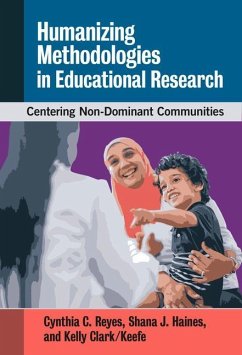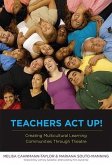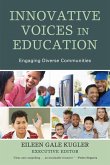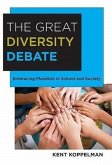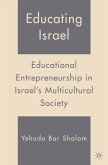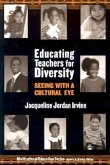This guide is for educational researchers interested in conducting ethically sound qualitative studies with diverse populations, including refugees, documented and undocumented immigrants, and people with disabilities. Through a description of a case study with refugee families, their children, school personnel, and liaisons, the authors highlight humanizing methods--a multidirectional and dynamic ethical compass with relationships at the center. Topics in the book include working within the limitations of Institutional Review Board (IRB) standards, using cultural and linguistic liaisons to communicate with research participants, and creating reciprocity with research participants and their families and communities. Through accessible real-world examples, the text covers the full arc of a project, from conceptualization, to navigating human subjects committees, to the complex task of representing ideas to academic and community-based audiences.

